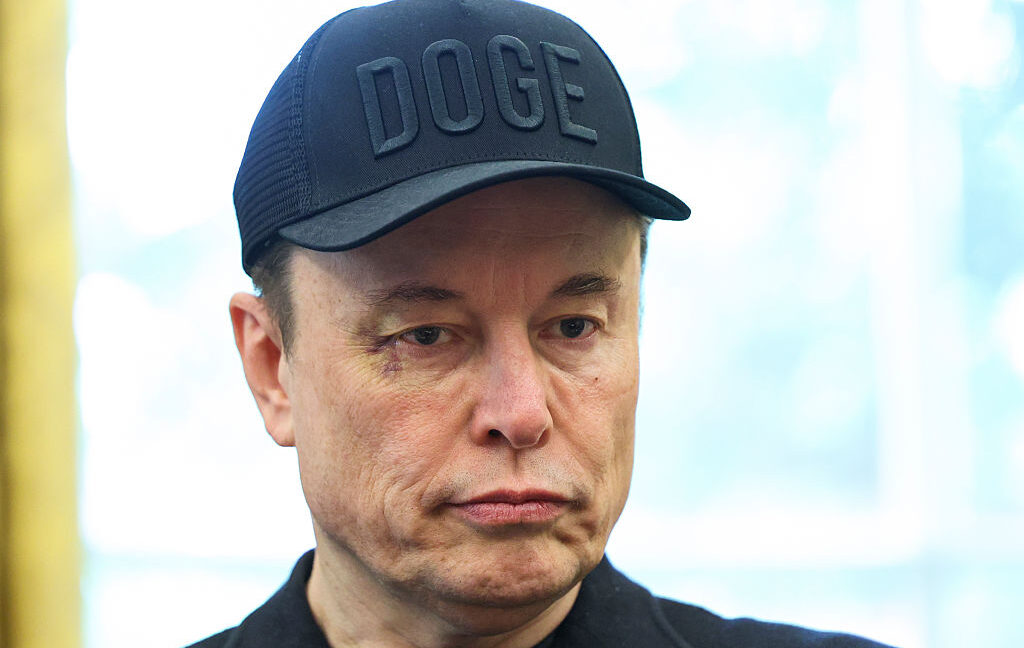Elon Musk’s social media posts helped The New York Times win its fight to secure a list detailing the billionaire’s top-secret security clearances after a US agency tried to block the disclosures by claiming that Musk had a right to privacy. In an opinion issued Wednesday, US District Judge Denise Cote said that in publicly discussing his security clearances on X—as well as his drug use and foreign contacts—Musk tipped the balance so that the public’s substantial interest in the list the NYT sought clearly outweighed “any privacy interest” Musk may have. “To the extent Musk has a privacy interest in the fact that he holds a security clearance, he has waived it,” Cote wrote. Meanwhile, “the public has an interest in knowing whether the leader of SpaceX and Starlink holds the appropriate security clearances,” as those companies “continue to provide the federal government with critical national security services and handle sensitive government information.” X posts “only enhance” public interest The NYT’s fight started with a Freedom of Information Act request in 2024. It was submitted before Musk became a “special government employee,” leading the US Department of Government Efficiency (DOGE) until May after Donald Trump took office in January. But the fight dragged on as Musk’s government involvement expanded beyond being a major government contractor. After Musk continued to publicly discuss his security clearances, the NYT filed a lawsuit in March to compel the document production. Cote noted that Musk “publicly discussed his security clearance” at a public town hall in October 2024 and then again in a February X post. “I’ve had a top-secret clearance for many years and have clearances that themselves are classified,” Musk wrote, reposting a video of Congressman Mark Green (R-Tenn.). In that video, Green mocked critics questioning if Musk could be trusted “to dig in to how” the government is spending its money through DOGE, saying, “By God, he makes the rockets for NASA!” Partly because of these public statements, the US Defense Counterintelligence and Security Agency (DCSA) erred in withholding a two-page document that listed Musk’s security clearances, as well as “any details about the extent and purview of each of the clearances,” Cote said.
Continue reading the complete article on the original source



